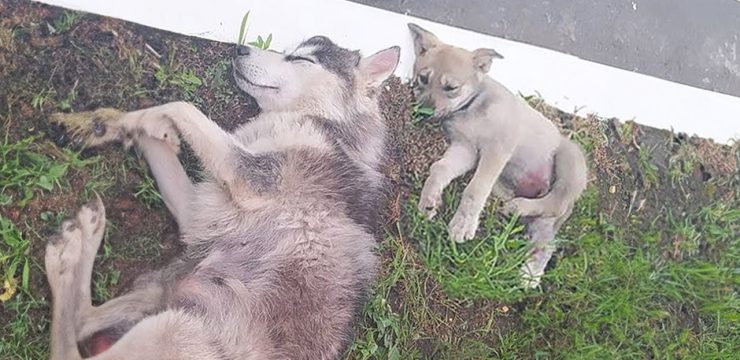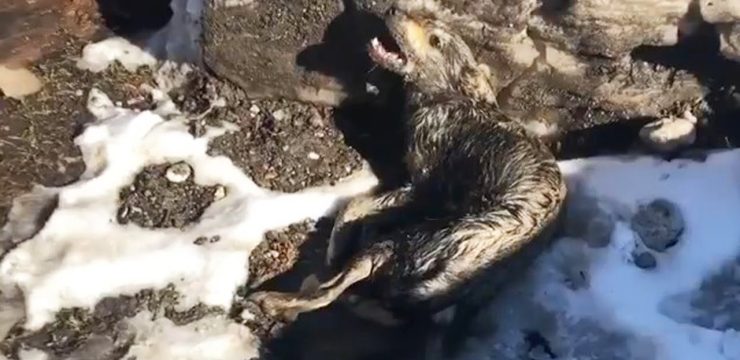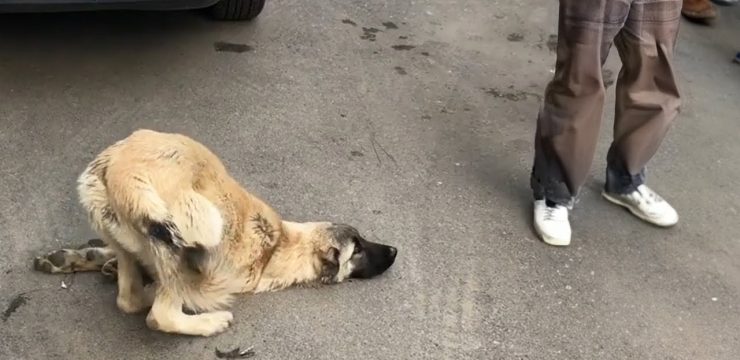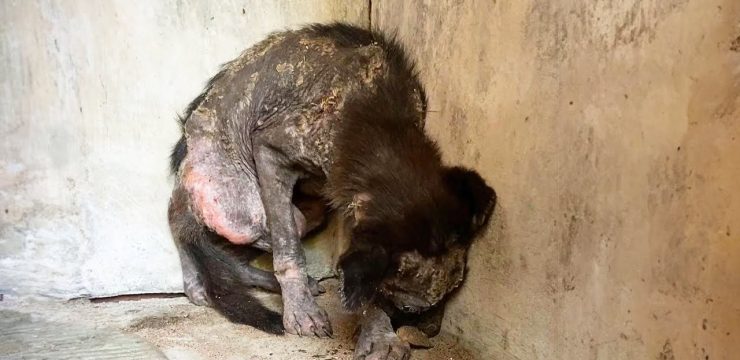He didn’t say a single word during the funeral. He just stood there, clinging tightly to her picture like it was the only thing keeping him together. Every time someone approached, he’d nod quickly, almost mechanically, like he was terrified that if he let go or spoke, he would completely fall apart. It was painful to watch. There was a hollow, distant look in his eyes that said more than words ever could. We all wanted to do something, anything, but he made it clear in his quiet way that he needed to be left alone.

That first week after the funeral, we all took turns bringing over home-cooked meals, dropping by to check on him, offering to stay the night so he wouldn’t have to be alone. Each time, he’d greet us with a tired smile and that same worn-out phrase: “I’m alright, kiddo.” No matter how much we insisted, no matter how long we lingered on his porch trying to find the right words, he never once asked for anything. He just repeated those same words like a broken record, convincing no one, not even himself.
The house felt different too, like the soul had been drained right out of it. The air was heavy, thick with memories and silence. Her favorite throw was still draped over the back of the couch. Her knitting sat unfinished in the corner, the needles frozen mid-stitch. Even the scent of her perfume lingered faintly in the hallway. It was like she was everywhere and nowhere all at once, and he was trapped in between, not ready or able to move forward.
Then one day, just like that, he vanished. It wasn’t like he packed up his things and made a big show of leaving. It was more like he quietly slipped away, like a ghost fading into the early morning fog. One day he was there, and the next, the house sat empty, the windows dark. His truck was gone, the mailbox overflowed with letters, and the grass grew wild without anyone to tend it.
We tried to find him, of course. Called all the relatives we could think of, drove around town, even filed a missing persons report. But he’d left no trail, no note, no sign. Just an empty house full of echoes. The police didn’t seem too concerned; adults are allowed to disappear if they want to, they said. “Maybe he just needed some space,” they suggested. But we knew better. We knew that sometimes grief doesn’t just break you — it erases you.
In the months that followed, the neighborhood slowly moved on. New families moved in down the street. Kids played outside again. The seasons changed, and the memory of him began to fade like an old photograph left out in the sun. But I never forgot. I couldn’t. Every time I passed that empty house, a pang of guilt and sadness gripped my chest. Could we have done more? Could we have said something, anything, that might have made a difference?
Sometimes I dreamt about him. In the dreams, he’d still be holding that picture, still nodding silently, still wearing that same haunted expression. Other times, I imagined him finding some remote cabin in the woods, living a quiet life surrounded by trees and silence, away from the pain. Maybe he was finding some kind of peace we couldn’t give him. I hoped so, even if it hurt to think that we weren’t enough to keep him anchored here.
Years later, when I was cleaning out my parents’ attic, I found an old photo album tucked away in a dusty box. Inside were pictures from neighborhood block parties, backyard barbecues, birthdays, holidays. And there he was, smiling, laughing, living. Before the loss, before the silence. I spent hours flipping through those photos, remembering the man he had been. Remembering that grief hadn’t always defined him.
It made me realize how fragile life really is, how quickly someone can slip away if you aren’t paying attention. It’s easy to assume people are okay just because they say they are. It’s easy to miss the cracks forming until it’s too late. That experience changed me. Made me more mindful, more careful about the people around me. I learned to listen not just to the words people say, but to the words they can’t bring themselves to speak.
I still wonder where he went. I still hope he found a place where the weight of his sorrow wasn’t so crushing. Maybe he’s sitting on a porch somewhere, sipping coffee as the sun sets, her picture by his side. Maybe he’s laughing with strangers who never knew what he’d lost. Or maybe he’s simply at peace, free from the constant ache that haunted him.
Wherever he is, I hope he knows he was loved. I hope he knows he mattered. Even if he didn’t believe it at the time, even if he felt like he had to disappear to survive, he left a mark on the people who cared about him. A quiet mark, maybe, but a lasting one all the same.
Some people think grief is loud, that it shows itself in dramatic displays of sadness. But sometimes grief is silent. It looks like a man gripping a picture so hard his knuckles turn white, nodding at everyone because he doesn’t trust his voice not to crack. It looks like an empty house with a porch light still on. It looks like a life paused, a soul waiting for something — anything — to hurt just a little bit less.
I’ll never forget him. And even though he’s gone, in some ways, he never really left. He lives on in the quiet moments, the ones we don’t talk about but always carry with us. In every picture tucked away in an attic, in every soft nod at a funeral, in every “I’m alright, kiddo” said when nothing is alright at all.





